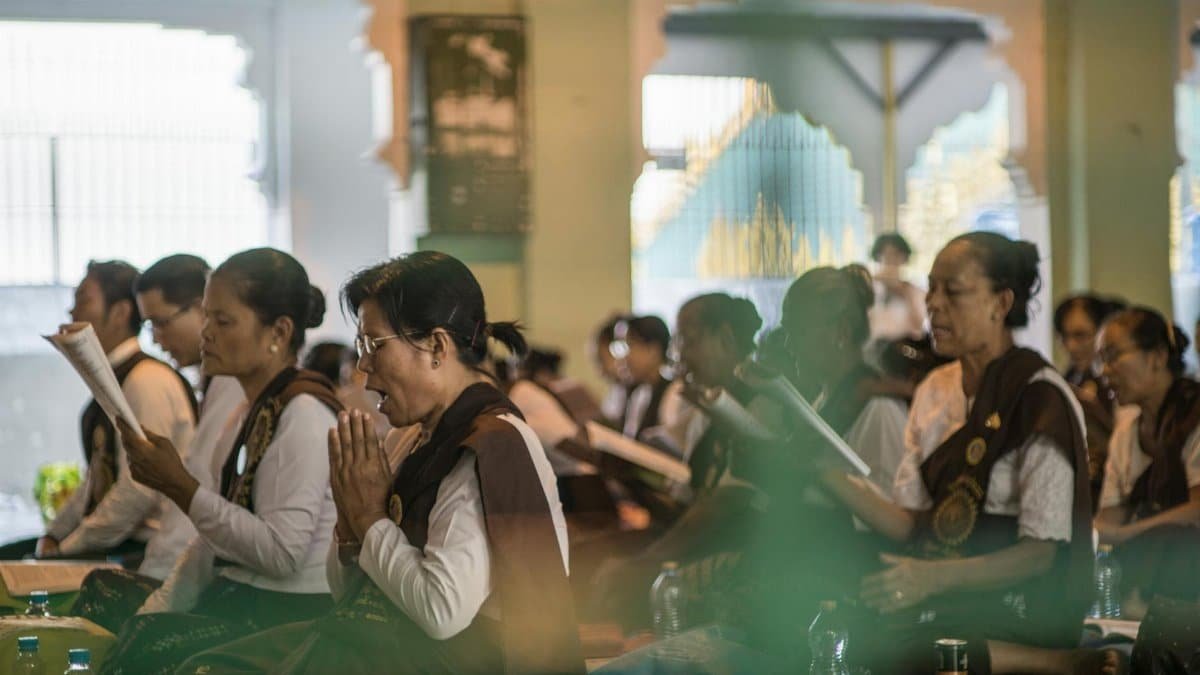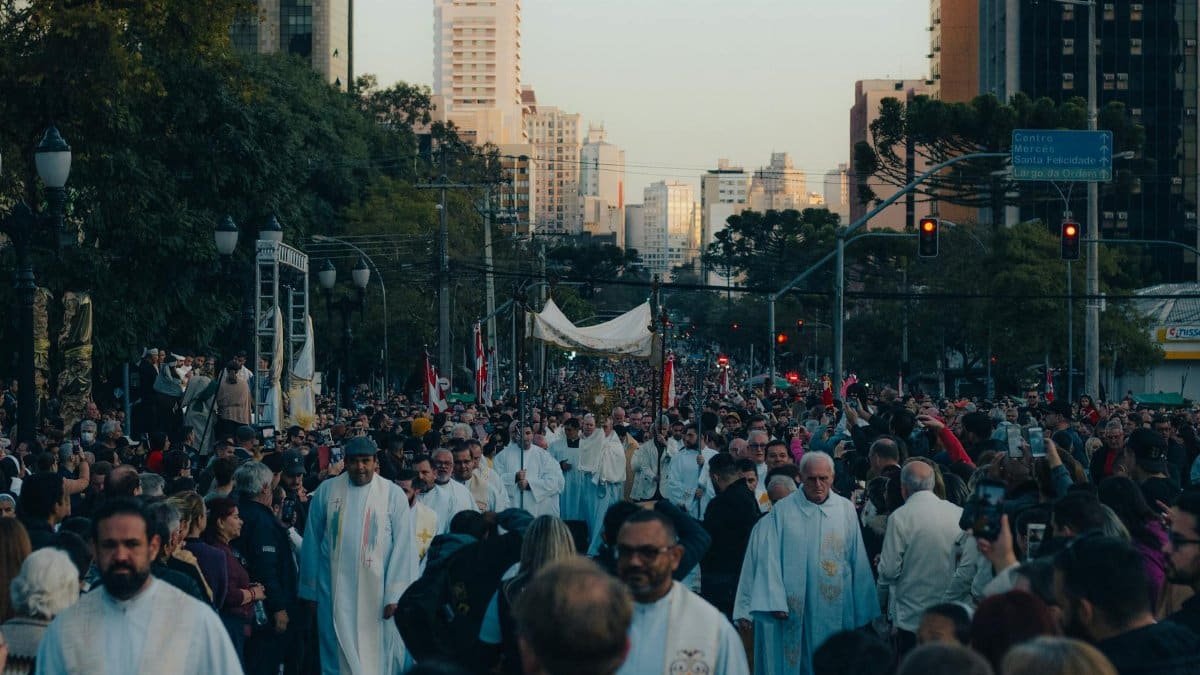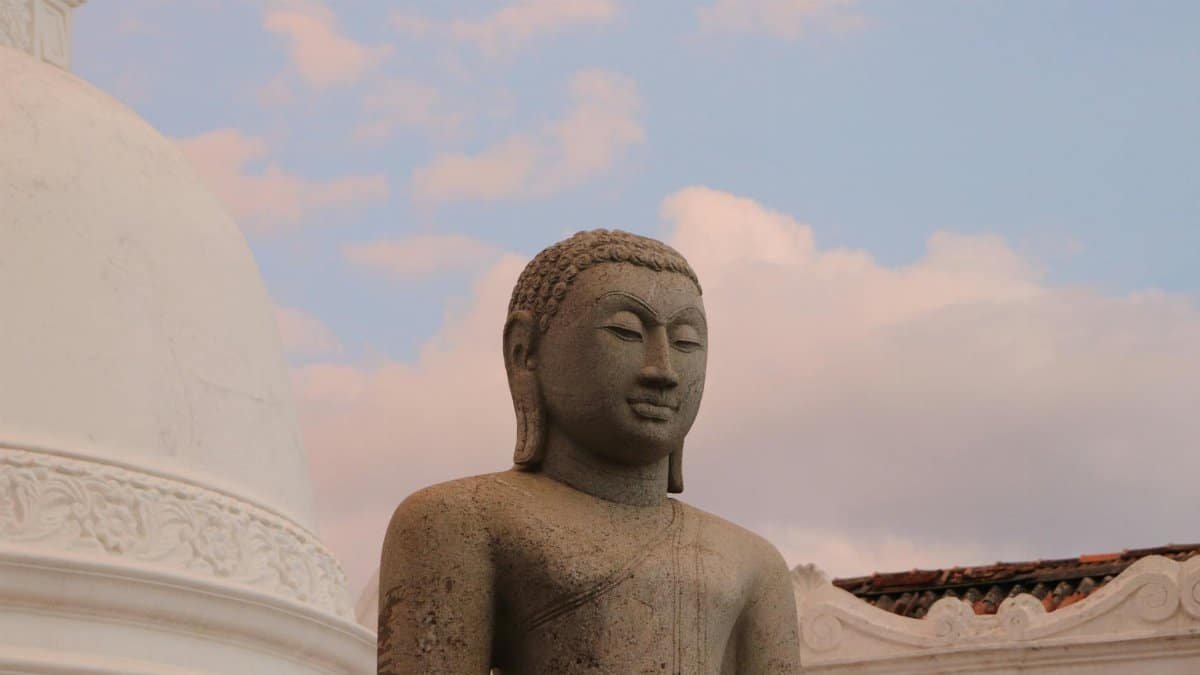Is individualism undermining spirituality in America the silent crisis of our time? As the nation prioritizes personal freedom and self-expression over collective values, many argue it’s eroding the spiritual foundation that once united communities. From declining church attendance to the rise of “spiritual but not religious” identities, the shift is undeniable. This obsession with the self, often celebrated as a cornerstone of American identity, may be leaving a void where faith and shared purpose once stood. Let’s break down how individualism undermines spirituality in America and what it means for the future.
The Decline of Communal Faith

America’s spiritual landscape has shifted dramatically over decades. Once a nation of tight-knit congregations, the focus on individual choice has led to a steep drop in organized religion. Pew Research reports that the percentage of Americans identifying as religiously unaffiliated jumped from 16% in 2007 to 26% by 2019. Many now cherry-pick beliefs, crafting personal spiritualities that fit their lifestyles. While freedom to choose is empowering, it often sidelines the communal bonds that faith traditionally fostered, leaving a fragmented sense of purpose.
Hyper-Individualism in Culture

American culture glorifies the self-made hero. From reality TV to social media, the message is clear: prioritize your own success, image, and desires. This hyper-individualism clashes with spiritual traditions that emphasize humility, sacrifice, and community. When “me first” becomes the mantra, deeper connections—to a higher power or to each other—take a backseat. The result? A society where personal gain often trumps shared values, weakening the spiritual glue that once held neighborhoods and families together.
The Rise of “Spiritual but Not Religious”

More Americans than ever identify as “spiritual but not religious,” a trend tied directly to individualism. They reject institutional dogma for personal, eclectic beliefs—think yoga retreats, mindfulness apps, or self-help gurus over Sunday sermons. A 2021 study from the Public Religion Research Institute found 27% of Americans fall into this category. While this reflects a desire for meaning, it often lacks the structure and accountability of traditional faith, raising questions about whether it’s truly fulfilling or just another form of self-focus.
Impact on Mental Health

Spirituality has long been a buffer against mental health struggles, offering purpose and community. But as individualism undermines spirituality in America, isolation creeps in. Studies, like those from the National Institutes of Health, show loneliness is at epidemic levels, with 1 in 5 Americans reporting chronic isolation ( NIH News ). Without spiritual anchors or communal support, many turn to fleeting fixes—social media validation or materialism—only to find the void deepening.
Economic Pressures Fuel the Divide

The American Dream, rooted in individual achievement, often demands relentless hustle. Long work hours and financial stress leave little room for spiritual reflection or community involvement. A 2023 Gallup poll noted that only 44% of Americans feel they have enough time for meaningful activities outside work, down from 50% a decade ago ( Gallup News ). When survival trumps soul-searching, spiritual priorities fade, further entrenching the “every man for himself” mindset.
Can Spirituality Rebound?

Despite the challenges, some see hope. Grassroots movements and interfaith initiatives are pushing for a return to shared values, even if they look different in 2025. Small, local groups are forming to address spiritual hunger outside traditional structures, focusing on connection over doctrine. But reversing the tide of individualism won’t be easy. It requires a cultural shift—valuing “we” over “me”—and a willingness to rebuild trust in collective purpose. Whether America can balance personal freedom with spiritual depth remains an open question.
